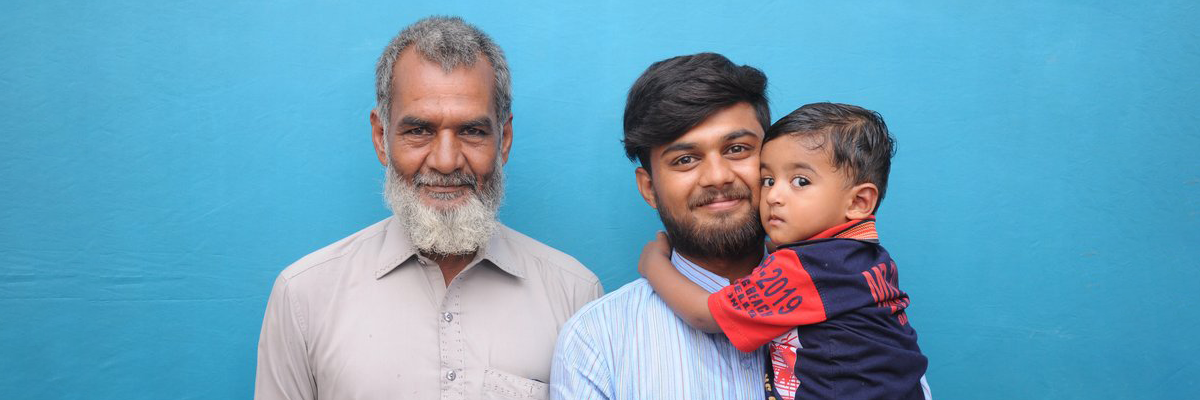Canadian intergenerational income mobility over early adult life
The opportunity to improve your economic status through hard work and ability is a crucial component to a fair and meritocratic society. In that regard, Canadians face certain challenges: comparative analyses place Canada approximately in the middle of the pack in terms of social mobility levels relative to other developed countries.
Much of the research on social mobility conducted in Canada and elsewhere has focused on the role of education and child development and socialization in that process. But this perspective does not provide a complete picture. We know very little about how advantages—and disadvantages—passed from parents to children play out later in life after adult children enter the labour market. This is a crucial oversight: early adulthood is marked by important events like job mobility, couple formation and parenthood, the impact of which can differ considerably for men and women.
Our study of these intragenerational effects on the later-life outcomes of adult children has documented important mechanisms contributing to the intergenerational transmission of income inequalities in Canada:
-
The gap in income growth between adult children from higher- and lower-income families widens with age, especially among men.
-
Canadians born to lower-income parents are more likely to experience frequent spells of joblessness, which contributes to lower income growth in their early adult life course relative to Canadians born in more privileged families.
-
Women from high-income families are more likely to see their income growth flatten over time, particularly after parenthood. This contrasts with women from lower-income families, whose income growth is on par with their male counterparts.
Our policy brief offers a series of suggestions—beyond educational ones—that can make Canada’s economic landscape more equitable across the life course. For a more extensive analysis of the topic, consult our companion technical report.


